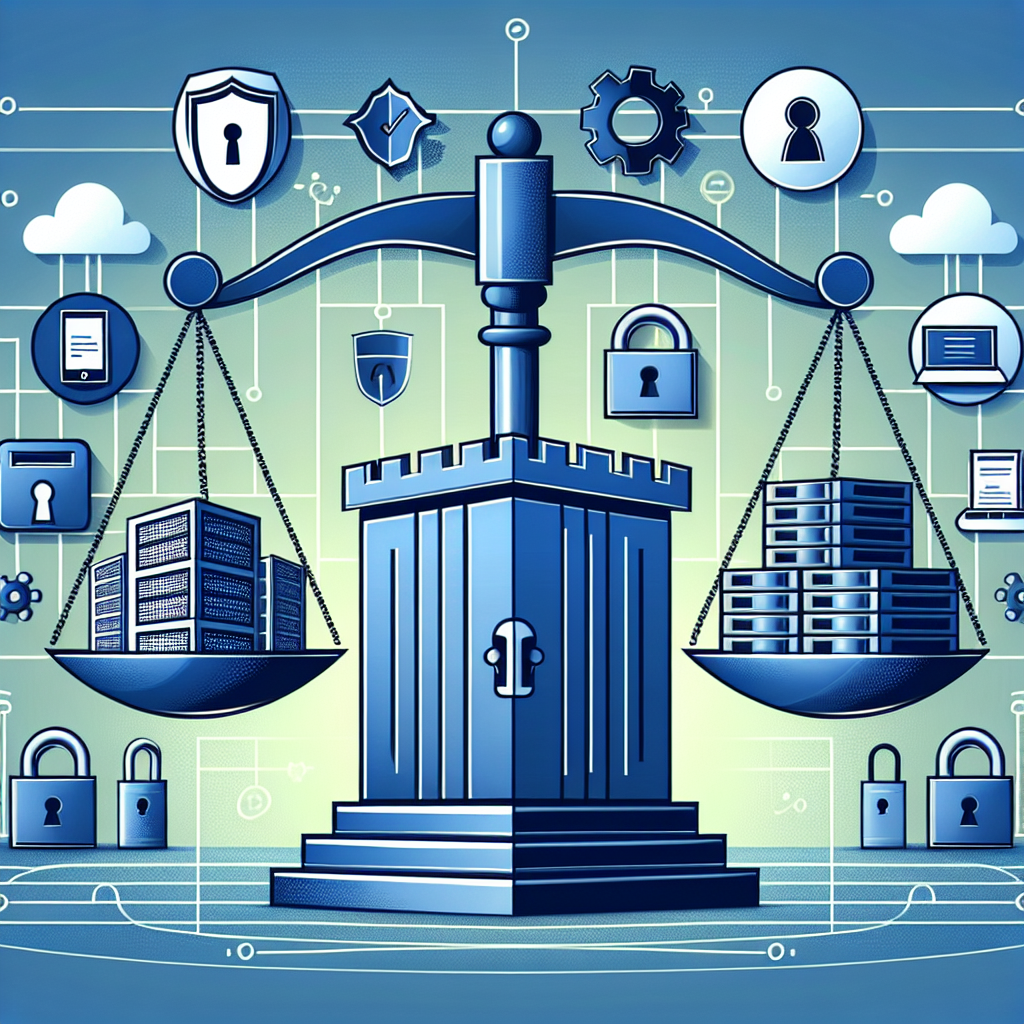Your cart is currently empty!
The Importance of Data Center Compliance: Ensuring Security and Risk Management

In today’s digital age, data has become one of the most valuable assets for businesses. With the increasing amount of data being generated and stored, it has become crucial for organizations to ensure that their data is secure and compliant with regulatory requirements. Data centers play a key role in managing and protecting this data, making data center compliance a critical aspect of security and risk management.
Data center compliance refers to the adherence to regulations and standards that ensure the security and privacy of data stored within a data center. These regulations can vary depending on the industry and location of the data center, but common regulations include the Health Insurance Portability and Accountability Act (HIPAA), Payment Card Industry Data Security Standard (PCI DSS), and the General Data Protection Regulation (GDPR).
Ensuring data center compliance is important for several reasons. First and foremost, compliance helps to protect sensitive data from unauthorized access, ensuring that customer information and intellectual property are secure. Non-compliance can result in data breaches, which can lead to financial loss, reputational damage, and legal consequences.
Furthermore, compliance with regulations helps organizations to build trust with customers and partners. By demonstrating that they are taking the necessary steps to protect data, businesses can reassure stakeholders that their information is safe and secure. This can help to enhance the organization’s reputation and attract new customers.
Compliance also plays a crucial role in risk management. By following regulatory requirements, organizations can identify and address potential vulnerabilities in their data center infrastructure. This proactive approach can help to prevent data breaches and other security incidents, reducing the risk of financial and reputational damage.
To ensure data center compliance, organizations should implement a comprehensive compliance program that includes regular audits, risk assessments, and training for staff members. It is also important to work with trusted partners and vendors who adhere to the same compliance standards, as they play a key role in protecting data.
In conclusion, data center compliance is essential for ensuring the security and risk management of an organization’s data. By adhering to regulatory requirements and implementing robust compliance programs, businesses can protect sensitive information, build trust with stakeholders, and reduce the risk of data breaches. Prioritizing data center compliance is not only a legal requirement but also a strategic investment in the security and integrity of an organization’s data.

Leave a Reply